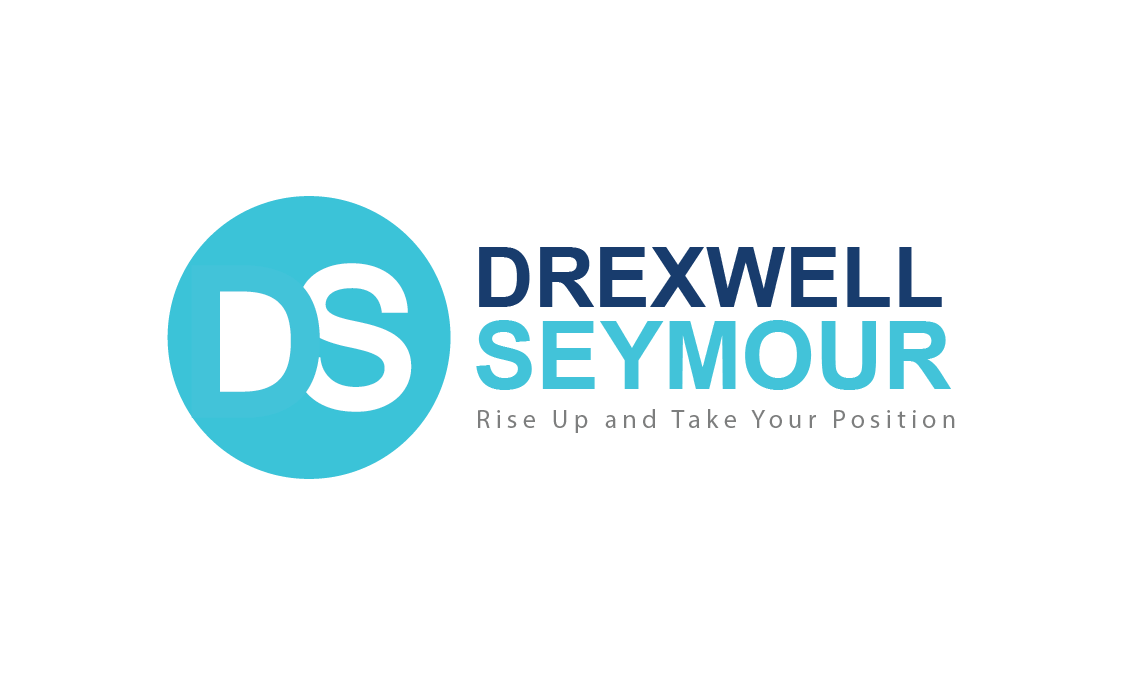Introduction
There has been a lot of outcry by the public that the Fortis application for a variation of the prescribed rate should not be approved as many people believe they are already paying too much to Fortis. This article is not to present a case for or against an increase in the rate but merely to provide readers with more information about Fortis’ application.
Fortis stated that the company’s financial impact was weakened by $42 million as a result of Hurricanes Irma and Maria. In addition to this, Fortis spent an additional $21million in 2017 on capital projects that were already committed thus spending a total of $63million. However, there is an article online dated August 2, 2018, that stated Fortis spent $32million to restore its network.
Due to this significant loss of assets above, Fortis applied to Governor for an average rate increase of 6.8% in order to recover and regain its financial position.
The Proposed Rate increase
Fortis is proposing a rate increase between 5.5% to 5.7% for residential customers and 7.9% for others. Therefore if you are a residential customer and your bill is currently around $300 before the fuel factor, your bill under the proposed rate would be between $316.60 and $323.70 plus the fuel factor portion.
Does Fortis have insurance?
Fortis was able to claim insurance for business interruption but not for loss of assets as it is a standard practice that insurance companies do not provide insurance for external transmission and distribution systems due to the high risks and the exposure of the assets. Therefore, Fortis could not claim for the $42mllion lost.
Fortis however, stated it was able to receive a settlement of $4mllion for loss of business interruption but it did not cover the complete loss of revenue as the deductible period was 45 days. However, in a published article on July 31, 2018, Fortis stated the company was able to recoup the lost revenue substantially as a result of the settlement.
Is Fortis earning too much?
There is a huge speculation or belief that Fortis is making a significant amount in revenue and net profits and hence no need for an increase in rate. However, the profitability of a utility company is normally based on the RORB (Return on rate base). Because Fortis is regulated and like most utility companies, the return on rate base is normally set by a utility commission. In 1986/87, TCIG agreed an allowable return on rate base for Fortis of 17.5% and 15% for Turks and Caicos Utilities. According to Fortis though, the actual average rate of return for the years 2013 to 2016 was 5.4% and in 2017, it was 2.9%. In 2018, the RORB was 4.2% and it is projected to be 4% in 2019.
Cost Reduction initiatives
Like all businesses, when faced with a threat to the bottom line, the two options are to increase revenue or decrease expenditure or both. Fortis stated that the company is operating four expensive independent vertically integrated systems across the country and so it is a challenge to reduce operating costs. This is one of the challenges we faced as a country with multiple islands.
Reduction in headcount is the popular cost reduction methodology that most companies implement when faced with a crisis. Fortis currently has 170 employees but Fortis stated that the current staff complement is already too lean to operate the utility company. Based on my experience, making employees redundant is the not the answer as most of the functions still have to be done and it is unfair and is a burden to the remaining employees to carry out duplicate and triplicate roles simultaneously.
Questions to be considered
- What would you do if you were Fortis?
- What would you do if you were TCIG? Approve the rate but implement the consumer price regulations or an increase in minimum wage? Reject the rate possibly causing Fortis to get negative rating?
- Do you think Fortis should set aside a monthly reserve in the event of disasters since there are no insurance coverage and the fact that the company is based in a Hurricane zone area?
- How does Fortis RORB compare to the rest of the region or the world?
- If the rate is approved but the compensation levels of residents are not improved, how will they afford to pay for the increase in their bill? Ironically though, many of the retail stores increase their prices all of the time especially when a storm is imminent.
- Would you support an increase as long as the company guarantees reliable electricity services?
- Are residents aware of the Fortis renewal energy programs that can perhaps make a difference in their monthly bills despite increases in rate due to the conservation of energy?
- What happens if another category 5 hurricane comes and destroys the external transmission equipment?
Conclusion
Given the hard times many of us are facing, an increase in any bill is a challenge especially if you are not getting an increase in your disposable income. Perhaps we really need to find ways and means to conserve energy and consumption so that if the rate is approved, we will not feel it. However, Fortis does face a major recovery challenge after experiencing major loss of assets due to the impact of two hurricanes that were beyond their control.

